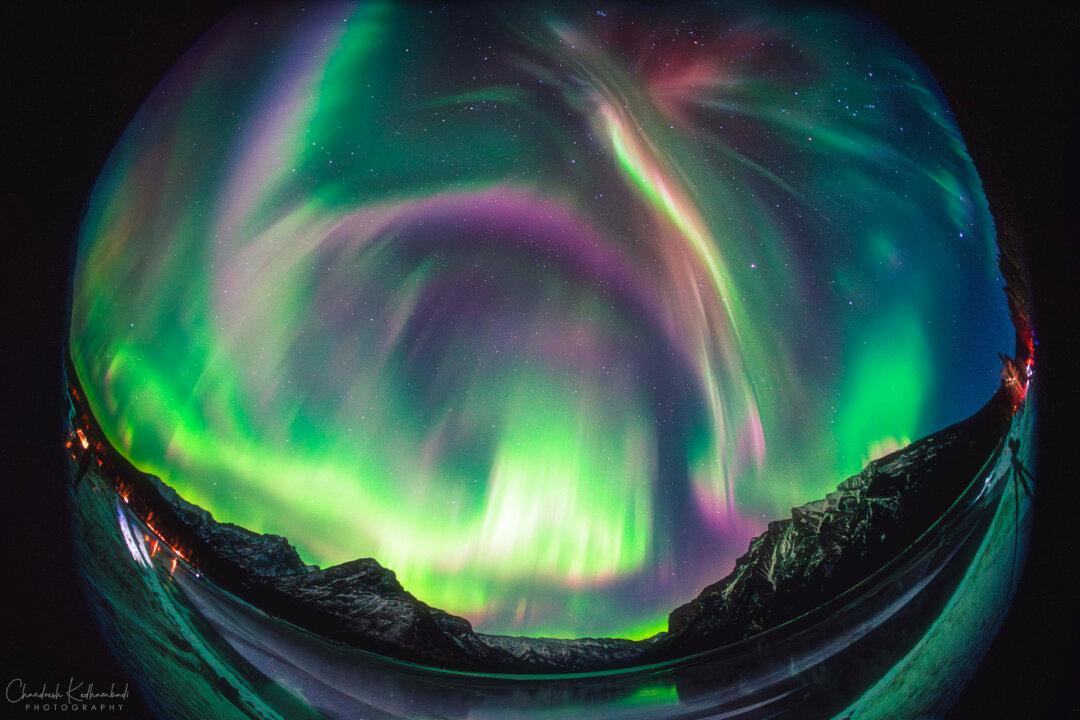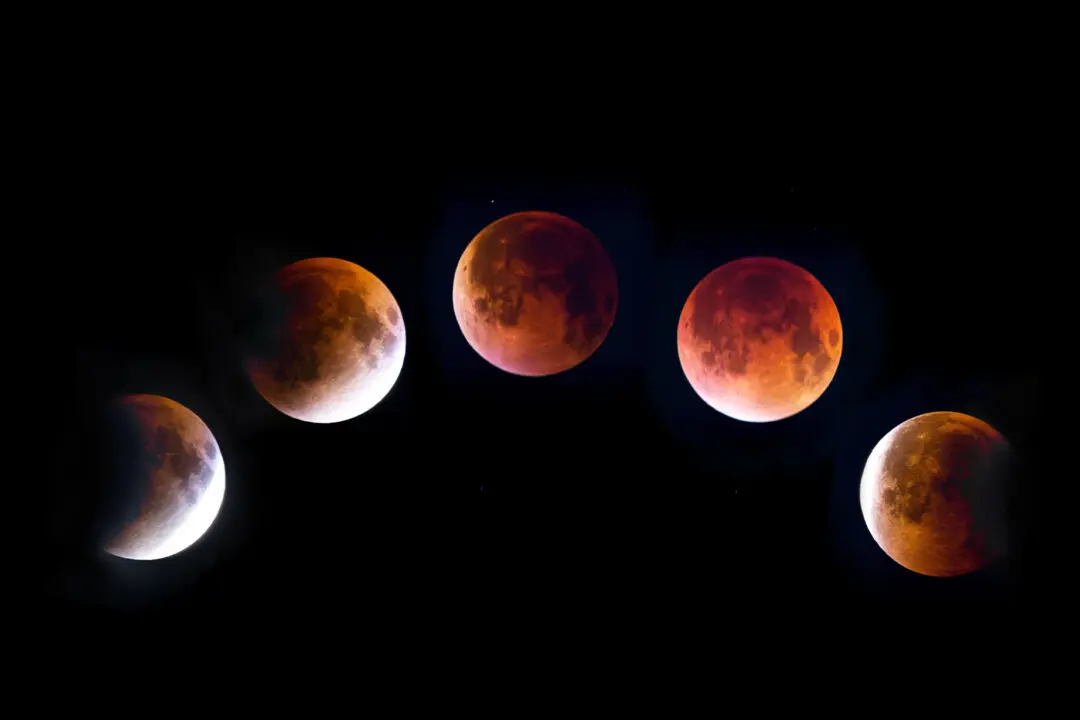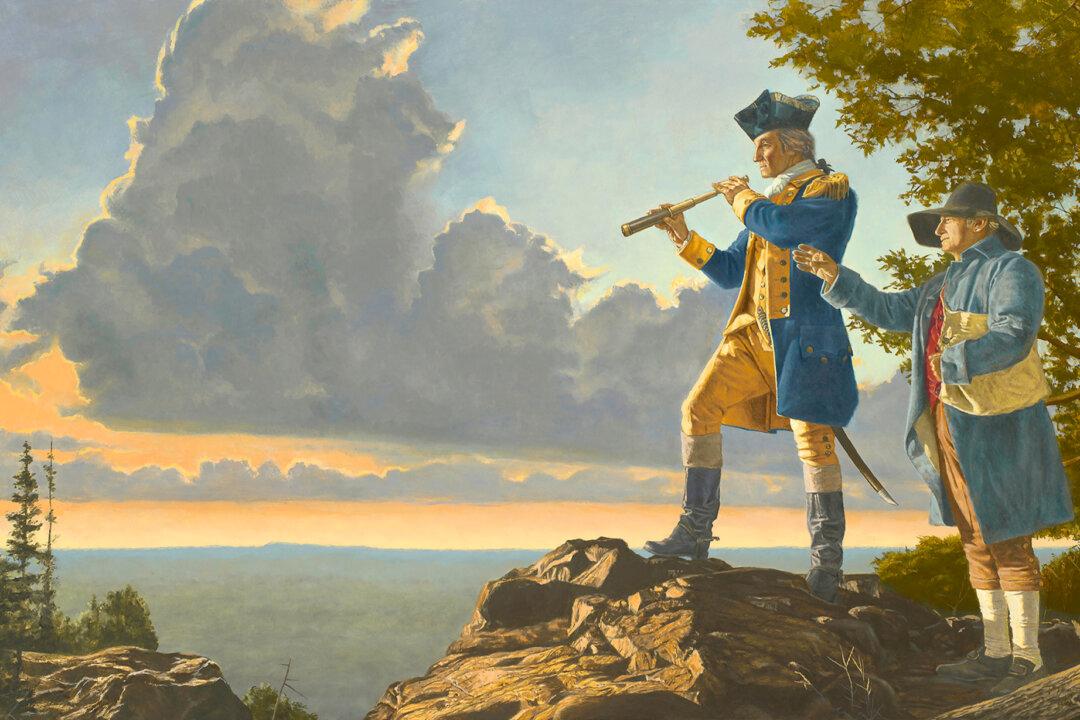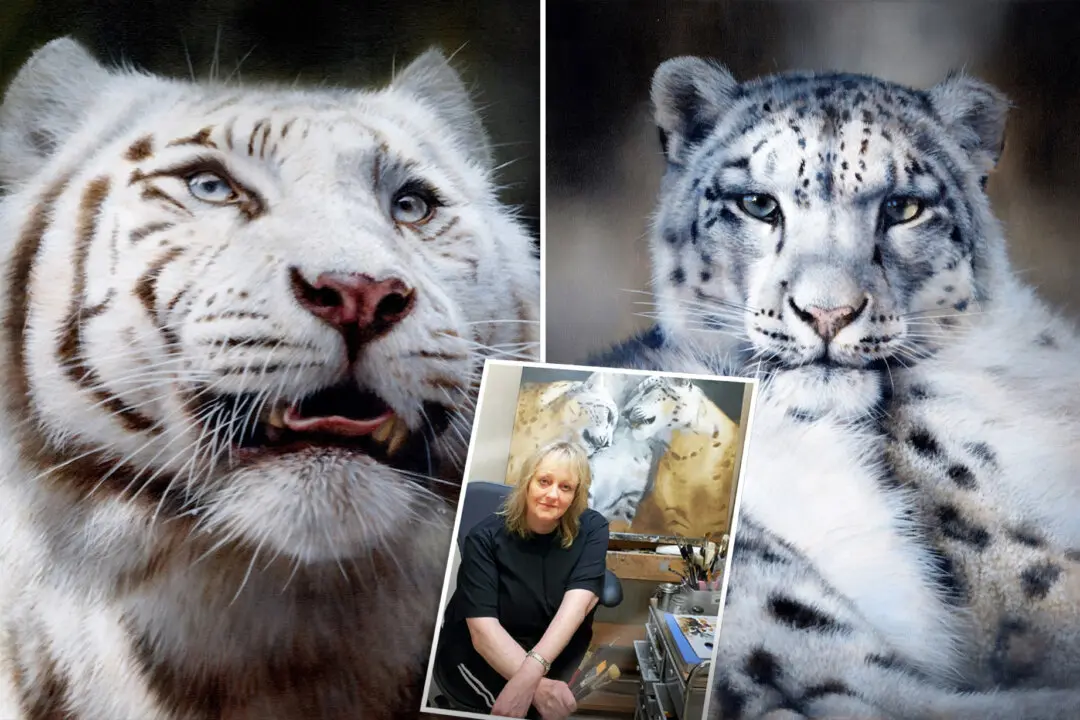A short drive down the valley south of the town of Creston, British Columbia, off the main highway where very few motorists venture, a lonely road wanders into the woods to Doug Oberacher’s homestead.
This road doesn’t lead to town, or anywhere serviceable. In summer, the sweltering heat and steep valley repel would-be travellers. And the mosquitoes are formidable.





